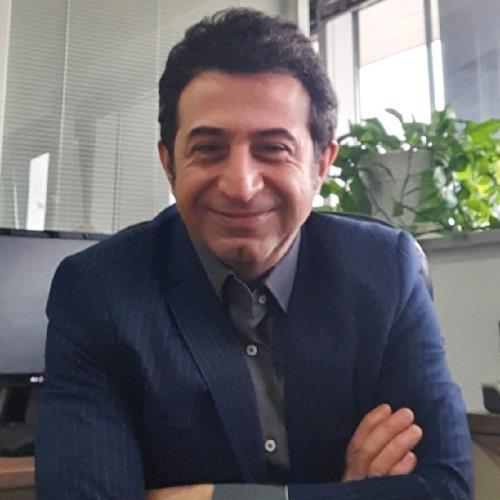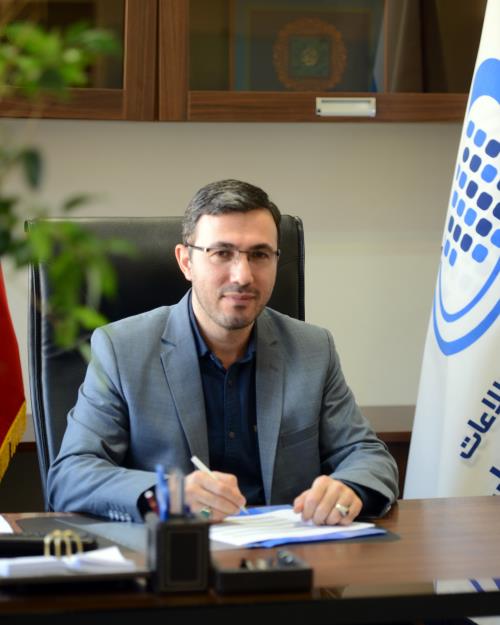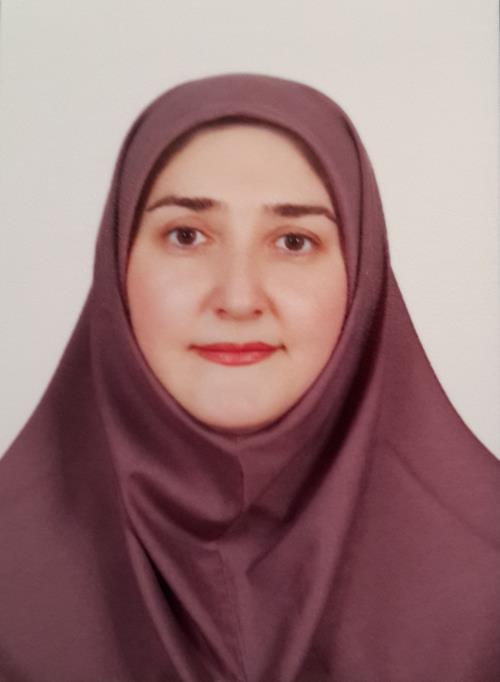Digital Governance and Open Data
ICT Research Institute
Session 490
In this session, we will discuss digital governance and the digital transformation of governments in addition to examining models and frameworks. The impact of digital transformation in government and the digital governance on sustainable development goals (SDGs) will also be discussed.
Recently, the digital transformation of governments, open data and data management are very important issues that should be considered in the development of digital governance. Actually, the digital governance has two dimensions: the use of digital technologies to make governance smarter, and the other is to use digital technology to increase the participation of all citizens. In this workshop, the issue of digital governance will be discussed. Of course, some suggest the smartening of governance or government with digital technologies under the title of digital transformation in the government. In Iran, the title of smart government is also used.
Different studies show that access to government and public data storage is very important in the formation of this intelligence at the level of governance and even at the level of government services. Therefore, the maturity of organizations in terms of open data, as well as data management and analysis, is important, which will be discussed in this workshop. We will first talk about the importance of open data in the digital government, and then we will discuss its trends in the world and different countries. Then we will take a look at digital government in Iran which is implemented by single windows of service. Then we will discuss the issue of smart city and data governance and for this issue we will talk about the situation of different countries and we will discuss the digital government strategies of other countries and we will examine the road map of smartening the government or the digital transformation of governments and governments. Finally, considering the importance of artificial intelligence in realizing smart governance, we will discuss its dimensions and impact on digital governance.

Alireza Yari received his B.Sc. degree in control system engineering in 1993 from the University of Tehran, Iran, and M.Sc. and Ph.D. degree in System engineering in 2000 from Kitami institute of technology, Japan. He is currently doing research in Information Technology research faculty of Iran Telecom Research Center (ITRC). He is now the head of Information technology research faculty and is directing many national projects, such as, data governance and open data in the country.

Mr. Movahed has a BS degree in software engineering and a MS degree in information technology management and now he is a candidate of PhD in Cyber space. He has six years of experience as the CEO of a company in the field of computers and 17 years of experience in IT Department of governmental organizations. During these 17 years, he has implemented several projects, such as, the service window of the Ministry of Culture launched in 2018, and digital government service window launched in 2022.

Thought tech leader in Government and Private sector with more than 18 years, Laila is a global advisor in Smart Cities and Digital Transformation. She is also one of the pioneers specialized in Metaverse since 2006. She is one of the leading experts in Smart Cities in Middle East and she is a Smart Cities associate in RMA advisory and different global consulting firms. She has worked with different UN’s organizations and worked as a Research fellowship in UNU eGov. She is also the founder of Smart Cities Ambassadors program. She is a global winning award and considered as one of the inspiring and influencing women leaders in Middle East and recently awarded as top 50 inspiring Women in Oman and in Middle East and within the most 20 inspiring personalities in Oman 2021. She is a global jury and mentor in different global competitions and leading change with her energy to empower others. She is also a global keynote speaker participated in more than 100 conferences; author and traveler.

Kris R. Villanueva - Libunao is the former Undersecretary, Deputy-Director General and Chief of Staff of the National Security Council. She is a policy and management consultant with extensive knowledge in smart city technologies, digital trust, and emerging technologies governance. She holds a Certified Sustainability ESG Practitioner (CSR-P) and Project Management Professional (PMP) certifications and has worked with various public and private sector agencies as a policy and innovation consultant, providing technical and research support.
Kris is also a cyber relations and data governance expert and has worked with several organizations to provide technical services for research projects on API management, open ecosystems in the public sector, and telecommunications. She has served as the Executive Director and Chief Sustainability Officer of SmartCT since 2019, leading the organization's
decision-making and development of organizational strategies with a focus on openness in community building, policies, and leadership. She is also involved in community building and initiatives, serving as a Southeast Asian Women Leaders Ecosystem Builder, contributor to URBAN AI, pioneer member of the AI for Sustainable Cities Network, and Director for Impact and Initiatives at The Maximal Impact Foundation.

Mr. Mehdi Hosseinpour has about 20 years of experience in Iran Telecom Reserch Center (ITRC). He has graduated with a master's degree in telecommunications from Amirkabir University of Technology (Tehran, Iran). He has been working as the director of research groups in ITRC since 2017, and before that he was the manager of several projects in the group, such as, the project of drafting the data governance law in Iran. In addition, he is the author of two books on principles and methodologies of implementing data governance. Currently, he is looking for methods to evaluate the management and quality of data in data governance, according to the activity in the information technology laboratory.

Maryam Tayefeh Mahmoudi holds a B.Sc. in Computer Engineering-Software, a B.A. in Business Management, a M.Sc. in Computer Engineering-Software, and a Ph.D degree in Artificial Intelligence from the University of Tehran with emphasis on intelligent organization of educational contents. Within the past years, she has been involved in a variety of research works at Knowledge Management & e-Organization, and Multimedia Systems Research Groups of IT Research Faculty in ICT Research Institute (ex ITRC), working on issues like automatic generation and personalization of ideas and contents, decision support and recommendation systems for research & education purposes, augmented reality for added-value multimedia content generation, as well as making conceptual models for IT research projects with emphasis on using ontological structures. She is a co-author of many research papers in different international journals and proceedings of conferences.
-
 C1. The role of governments and all stakeholders in the promotion of ICTs for development
C1. The role of governments and all stakeholders in the promotion of ICTs for development
-
 C3. Access to information and knowledge
C3. Access to information and knowledge
-
 C6. Enabling environment
C6. Enabling environment
Align with C1 the digital governance will help governments to take the suitable role in digital transformation. Since the emphasis of the digital governance is on data, the access to the information and knowledge in C3 will be improved. The open data platform will enable the enviroدment for better development.
-
 Goal 8: Promote inclusive and sustainable economic growth, employment and decent work for all
Goal 8: Promote inclusive and sustainable economic growth, employment and decent work for all
-
 Goal 9: Build resilient infrastructure, promote sustainable industrialization and foster innovation
Goal 9: Build resilient infrastructure, promote sustainable industrialization and foster innovation
-
 Goal 11: Make cities inclusive, safe, resilient and sustainable
Goal 11: Make cities inclusive, safe, resilient and sustainable
Digital governance and open data are very important for sustainable and resilient development in economy, infrastructure and cities, and it is very related to the goals 8, 9 and 11.